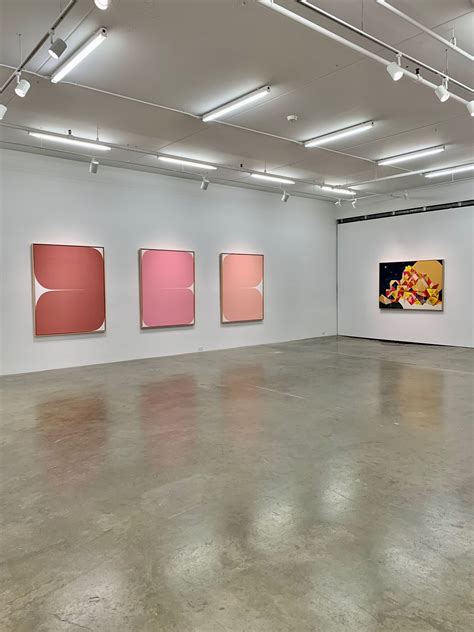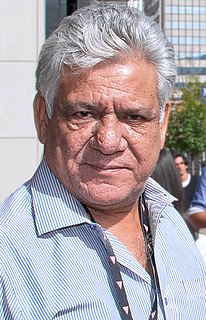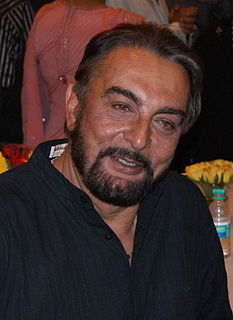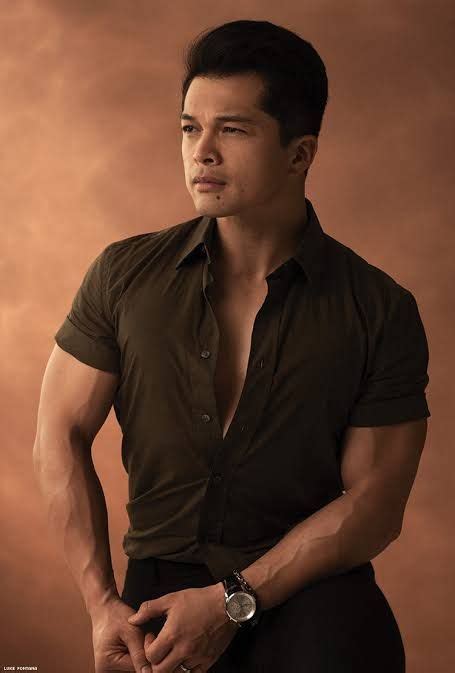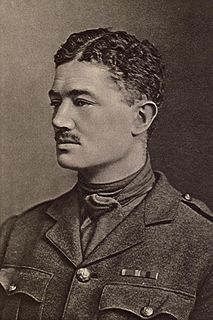A Quote by Joseph L. Mankiewicz
I am a critic - as essential to the theatre as ants to a picnic.
Related Quotes
I think the 'Terminator' idea is a reasonable one - that is that one day the Internet becomes self-aware and simply says that humans are in the way. After all, if you meet an ant hill and you're making a 10-lane super highway, you just pave over the ants. It's not that you don't like the ants, it's not that you hate ants; they are just in the way.
At best, the relationship between drama critic and playwright is a pretty twiggy affair. When I'm asked whom I write for, after the obligatory, I write only for myself, I realize that I have an imaginary circle of peers - writers and respected or savvy theatre folk, some dramatic writers and some not, some living, some long gone. . . . Often a writer is aware as he works that a certain critic is going to hate this one. . . . You don't let what a critic might say worry you or alter your work; it might even add a spark to the gleeful process of creation.
I am an Episcopalian who takes the faith of my fathers seriously, and I would, I think, be disheartened if my own young children were to turn away from the church when they grow up. I am also a critic of Christianity, if by critic one means an observer who brings historical and literary judgment to bear on the texts and traditions of the church.


